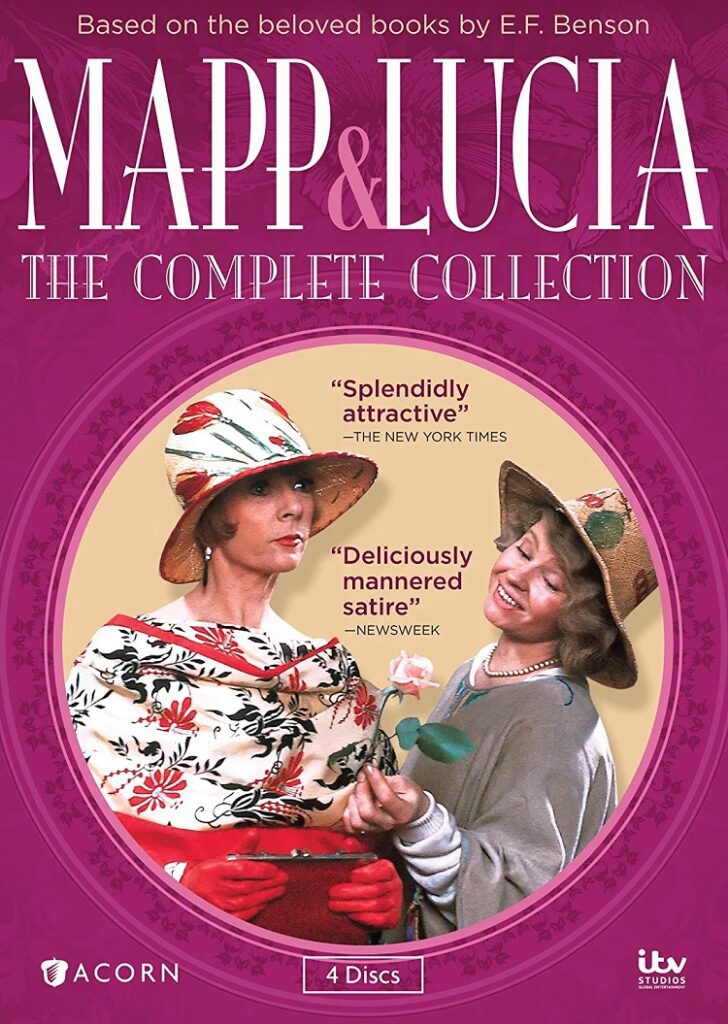
Every couple of years or so, our representatives engage in egregious debates over public media. One Republican or another shouts that NPR is too liberal, that Sesame Street makes enough money on its own, and that we surely do not have the kind of funds to be blowing on radio and television programs when the world is drowning in too many programs already. It never goes anywhere of consequence, but stirs up the bases and brings up the hit counts of various blogs and websites.
I admit to engaging in a Facebook debate or two on the subject, always standing on the side of full support for public media. Especially PBS. I’ve really never quite understood how anybody could be against it. My soon-to-be-three-year-old daughter simply adores their children’s programming. Not only are the shows enjoyable enough that I can turn it on and get a shower or cook lunch or some such thing, but they have helped so much in her education. She had learned her ABCs before her second birthday, now knows her numbers, colors, various shapes and sizes too. Hardly a day goes by that we don’t sing a Daniel Tiger song about trying new things, or sharing, or some other little moral lesson.
As someone who cut the cable and satellite cords, I find their primetime adult programming most wonderful too. There’s fascinating science on Nova and Nature. Incredible music and arts programming every week and documentaries on subjects I’m not at all interested in, but find myself absolutely enthralled over.
Then there is the fictional programming. Without PBS, we’d not have Downton Abbey or Sherlock. We would have never watched the classic or the modern versions of Upstairs Downstairs. Monty Python would never made thousands of American nerds laugh, nor Ken Burns make us stare so intently at dramatically zooming photographs. There would be no Doctor Who either. Yes, I know the new series runs on BBC America, but it originally ran on PBS and without the hundreds of British shows running through PBS over the years I doubt there’d even be a BBC America.
Which brings us to our review of Mapp & Lucia. First running in England in 1985-1986, it soon came to American audiences on PBS and now Acorn Media is bringing it on DVD. It is an exceptionally British comedy of manners with our two title characters Mapp (Prunella Scales) and Lucia (Geraldine McEwan) vying for social control of the small, fictional English seaside town of Tilling.
The show begins with Lucia still living in Riseholme where she reigns supreme on the social scenes. She takes holiday in Tilling where she immediately begins to clash with Mapp, who has been the queen of the upper class there for many years. Over the course of the series, the two fight in the most gentile, proper, and polite of ways over the silliest things. They wage war over vegetables, lobster recipes, and graying beards.
It is all very British and very satirical. So much so that I suspect it will fly right over the heads of many Americans. It deftly satirizes both the upper crust of British society and the many television programs and movies that so often are enamored with them. It some ways it reminds me of another BBC take on upper class society people – Jeeves and Wooster. Both shows satirize the lazy rich, have completely inconsequential plots, and are riotously funny.
It is a show that takes its time, setting its jokes up for the long haul and willing to wait for the payoff. When I watched the first episode, I have to admit that I was seriously in doubt of whether or not I could make it through the entire series for this review. Many series have difficulties in the first episode as there is so much to set up and so many characters to introduce. Mapp & Lucia make it even harder as it spends entirely too much time in Riseholme. It starts there then moves to Tilling but then goes back to Riseholme in order for Lucia to prove she has the knack and talent to produce some sort of society charity even or something. They take entirely too much time to do it, pushing Mapp into a secondary character and leaving the audience with not-much to care about. But in the second episode Lucia settles into Tilling and she and Mapp get down to the business of trying to one-up each other and very quickly it becomes quite wonderful.
It is not a show for everyone’s tastes. Modern sensibilities will likely be bored silly with the inconsequential storylines and the more subtle jokes. For those who enjoy jolly good British comedies and something a little more slow paced, this is a rare delight.
Mapp & Lucia: The Complete Collection contains all 10 episodes from the two-season series. The only extra is a brief bio of E.F. Benson who wrote the books upon which the show is based.